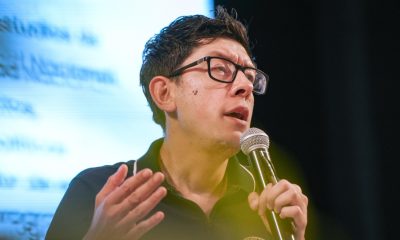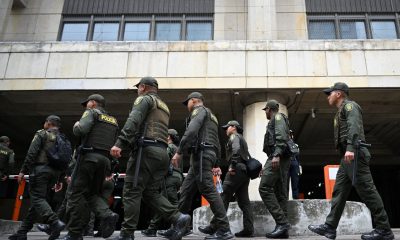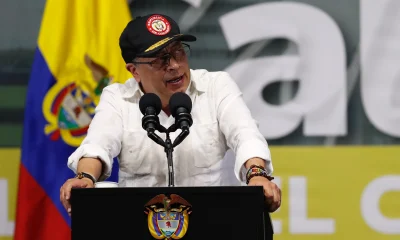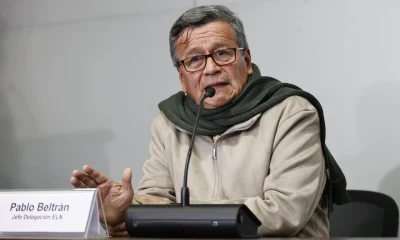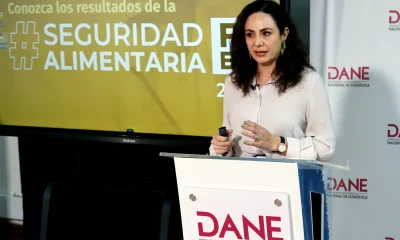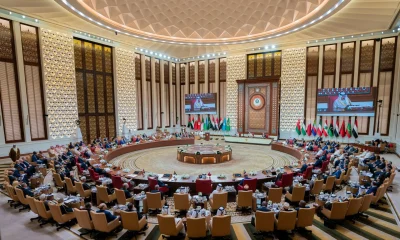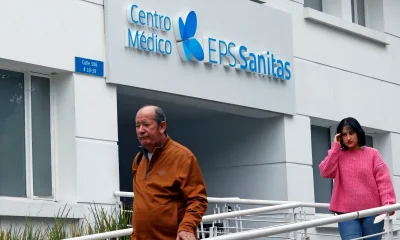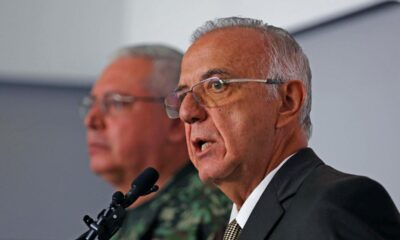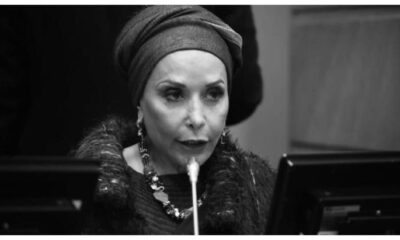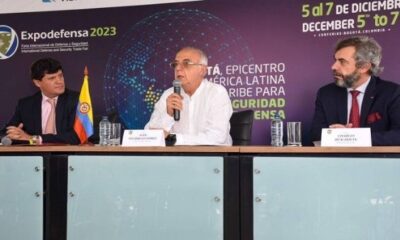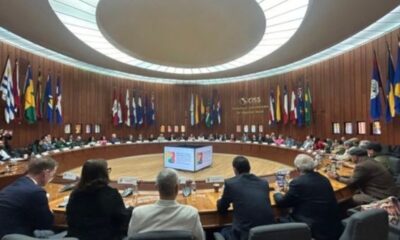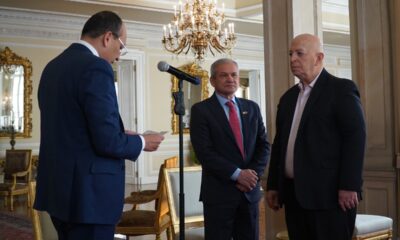International
Colombia resumes talks with powerful ELN guerrilla group
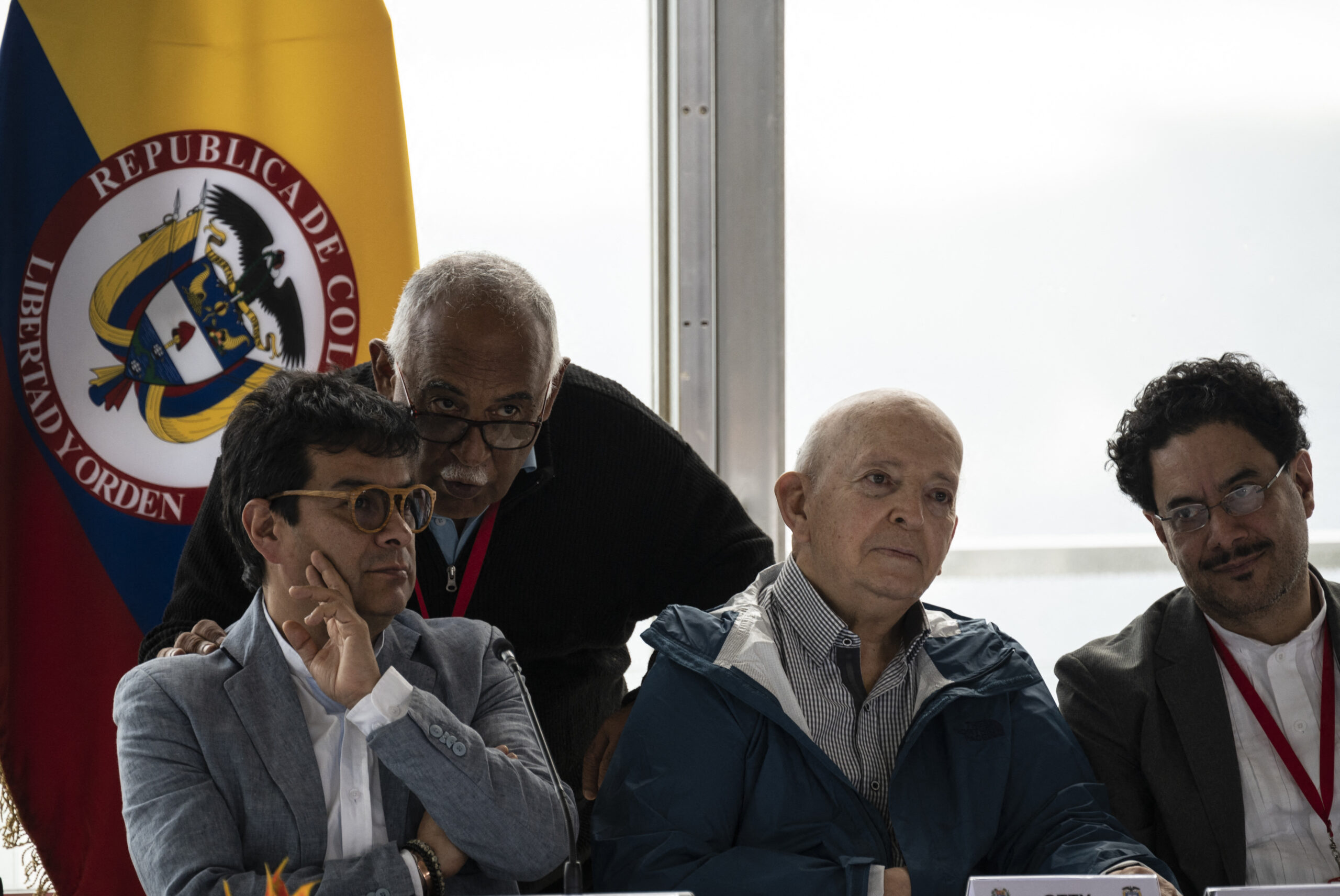
| By AFP |
Colombia’s government and the National Liberation Army (ELN), the last recognized rebel group in the country, resumed formal peace talks in Venezuela Monday for the first time since they were suspended in 2019.
The talks are a push by President Gustavo Petro, who in August became Colombia’s first-ever leftist leader, and has vowed a less bellicose approach to ending violence wrought by armed groups, including leftist guerrillas and drug traffickers.
In their first meeting, the parties agreed to “resume the dialogue process with full political and ethical will,” according to a joint statement.
They added that the talks aim to “build peace” and make “tangible, urgent, and necessary” changes, highlighting the need for “permanent compromises.”
The first round of talks will last 20 days.
Colombia has suffered more than half a century of armed conflict between the state and various groups of left-wing guerrillas, right-wing paramilitaries and drug traffickers.
The ELN started as a leftist ideological movement in 1964 before turning to crime, focusing on kidnapping, extortion, attacks and drug trafficking in Colombia and neighboring Venezuela.
It has around 2,500 members, about 700 more than it did when negotiations were last broken off. The group is primarily active in the Pacific region and along the 2,200-kilometer (1,370-mile) border with Venezuela.
Dialogue with the group started in 2016 under ex-president Juan Manuel Santos, who signed a peace treaty with the larger Marxist Revolutionary Armed Forces of Colombia (FARC) rebel group that subsequently abandoned its weapons and created a political party.
But the talks with the ELN were called off in 2019 by conservative former president Ivan Duque following a car bomb attack on a police academy in Bogota that left 22 people dead.
Petro — himself a former guerrilla — reached out to the ELN shortly after coming to power, as part of his “total peace” policy.
The ELN peace talks delegation spent four years based in Cuba, as they had been barred from returning to Colombia by the previous government.
They traveled to Venezuela last month, where the fresh round of talks was announced.
Colombian Defense Minister Ivan Velasquez warned that the negotiations do not imply a “suspension of operations” against the ELN.
“If there is an encounter with someone who has an arrest warrant, they must be captured… There is no ceasefire,” he said.
‘We all have to change’
Colombian peace commissioner Ivan Danilo Rueda hailed a “historic moment” for the country after the meeting.
“We are here honoring life, the lives of so many beings who are no longer here,” Rueda said. “Murdered, disappeared.”
ELN delegate Pablo Beltran said he hoped the dialogue would be “an instrument of change… and we hope we won’t fail.”
“In Colombia, we all have to change” and “overcome the dynamic of death,” he said.
Caracas is hosting the first meeting, and the talks will rotate between the other guarantors Cuba and Norway.
A statement from the guarantor nations said Monday’s meeting was “an important step to achieve peace.”
UN chief Antonio Guterres’s special envoy in Colombia, Carlos Ruiz Massieu, called on “the parties and Colombian society to take advantage of this historic opportunity.”
“I reiterate the support of the Secretary General @antonioguterres to this process,” he wrote on Twitter.
Venezuela’s President Nicolas Maduro hailed the process as “a message of hope for a peaceful Latin America and Caribbean,” at a rally in the capital.
International
ICE set to become America’s largest security force under Trump’s $75B immigration overhaul

President Donald Trump’s “great and beautiful law” is set to transform U.S. Immigration and Customs Enforcement (ICE) into the largest security agency in the country, with a projected budget of $75 billion—a figure that surpasses the military budgets of nearly every country in the world, according to experts.
Under the budget Trump signed on July 4, ICE will receive $45 billion through 2029 to build new detention centers—62% more than the entire federal prison system—which would enable the agency to detain 116,000 people daily, according to analysis by the American Immigration Council (AIC).
An additional $30 billion will fund operations, allowing the hiring of 10,000 new agents to join the existing 20,000, reaching an annual deportation capacity of 1 million people, according to the Department of Homeland Security (DHS).
The budget also includes $4.1 billion to recruit 3,000 new Border Patrol agents and 3,000 Customs officers, DHS stated.
These allocations will give immigration enforcement more funding than all other U.S. law enforcement agencies combined, including the FBI, Secret Service, Department of Justice, DEA, and ATF, according to a Cato Institutereport.
ICE’s $75 billion budget would also surpass the military budgets of all but five countries: the United States, China, Russia, India, and Saudi Arabia, according to an analysis by the League of United Latin American Citizens (LULAC).
A “dramatic” and “outrageous” increase
Civil rights organizations have voiced alarm over the sweeping expansion, especially amid growing reports of human rights violations—including the deaths of 11 migrants in ICE custody since the start of the 2025 fiscal year in October, nearly matching the 12 deaths recorded during all of the previous year.
“We find it outrageous to see such a dramatic increase in funding for an agency that has spent the last several months terrorizing communities, families, and neighborhoods across the country,” said Neera Tanden, president of the Center for American Progress (CAP), during a virtual press call.
Frank Sharry, founder of America’s Voice, a group advocating for immigration reform, described the expansion as “a shocking advance of authoritarianism,” citing incidents in which U.S. citizens have been mistakenly detained by ICE.
“This is empowering an American-style secret police force that could very well go beyond targeting innocent undocumented immigrants to include legal immigrants and U.S. citizens,” Sharry warned.
International
Harvard faces Federal pressure over immigration docs, autonomy dispute intensifies
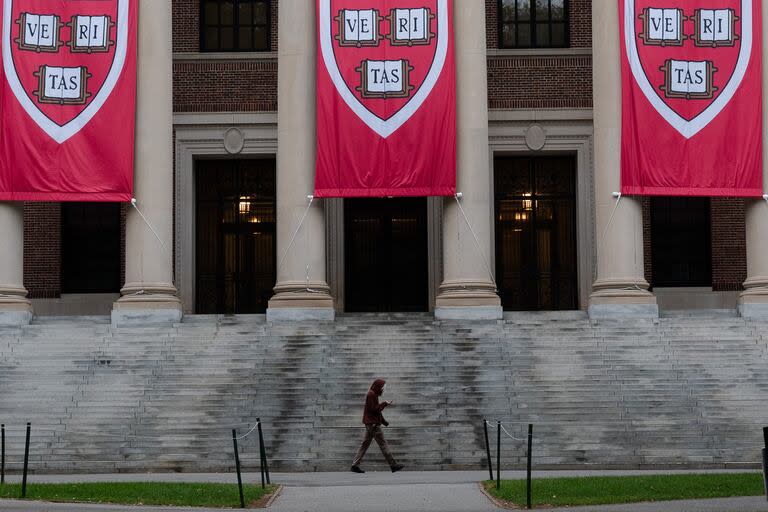
The U.S. Department of Homeland Security (DHS) ordered Harvard University on Wednesday to hand over documents related to its foreign students, issuing an administrative subpoena after the university allegedly refused to comply voluntarily.
This move marks a new escalation in the ongoing conflict between Donald Trump’s administration and academic institutions. U.S. Immigration and Customs Enforcement (ICE), which operates under DHS, demanded access to “relevant documents” for “immigration law enforcement purposes since January 1, 2020,” according to an official statement.
“Harvard, like other universities, has allowed foreign students to abuse their visa privileges and promote violence and terrorism on campus,” said DHS Deputy Secretary Tricia McLaughlin, who added that the university has “repeatedly refused to cooperate” with previous requests.
Harvard is among several universities facing potential loss of federal funding following reports by Trump’s “Federal Task Force to Combat Antisemitism,” which accused the school of enforcing affirmative action policies and failing to promote what the administration refers to as “diversity of thought.”
Asked about the escalating conflict during a separate meeting on Wednesday, Trump stated, “Harvard has been terrible — completely antisemitic,” but added that he was optimistic the pressure would work and believed that “of course, the government and the university will reach an agreement.”
According to The Harvard Crimson, the university did provide some documentation related to foreign students in April and May, but the government deemed it insufficient and consequently moved to ban its exchange programs and bar international students and scholars.
In June, Harvard sued the Trump administration over this ban. That same month, a federal judge indefinitely blocked the order while litigation continues.
A Harvard spokesperson reaffirmed the university’s commitment to the law but described the DHS demands as “unjustified” and a form of “retaliation” for defending its autonomy against what it considers government overreach — particularly regarding whom private universities may admit, hire, and what they are allowed to teach.
Additionally, Harvard filed another lawsuit in April to reclaim nearly $2 billion in frozen federal funding, which the government has withheld over alleged antisemitic practices.
In its statement on Wednesday, DHS said the administrative subpoena was its “only remaining option” to compel Harvard to comply, and urged other academic institutions facing similar demands to “take note of Harvard’s actions and the consequences.”
International
Mexico launches probe into alleged $25 million bribe to ex-president Peña Nieto
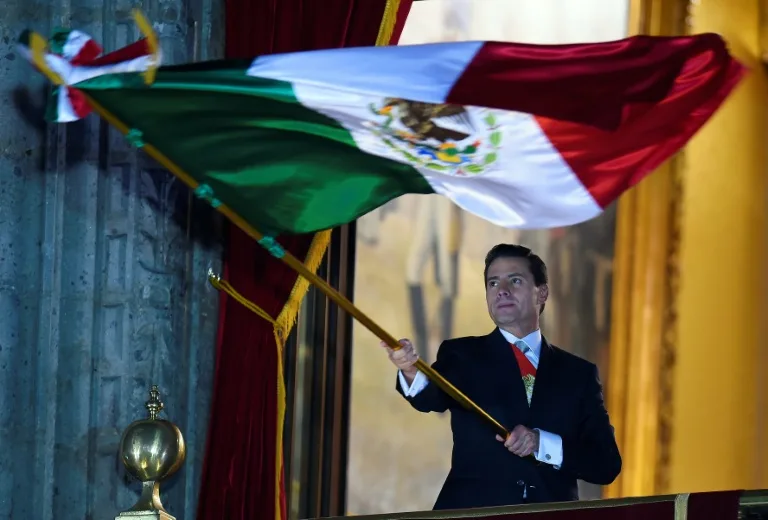
Mexico’s Attorney General announced on Tuesday that an investigation has been opened ex officio into the alleged payment of a multimillion-dollar bribe to former Mexican president Enrique Peña Nieto by two Israeli businessmen to secure the sale of spyware software.
The Israeli newspaper The Marker reported last Friday that, amid a legal dispute, two businessmen claimed to have handed the former president $25 million in exchange for being awarded contracts to purchase the Pegasus software.
The ex-president (2012-2018) dismissed the allegations as “completely false” in a message on social media platform X.
“We have opened an investigation file,” Attorney General Alejandro Gertz said during the usual press conference held by Mexican President Claudia Sheinbaum.
“We will request that Israeli authorities share this media-based information so that we can include it in the investigation,” Gertz added.
On Monday, in an interview with Radiofórmula, Peña Nieto reiterated that the accusation is “a completely baseless insinuation.”
The reports link the businessmen to the sale of Pegasus, a spyware associated with espionage scandals in Colombia, Mexico, and other countries.
-
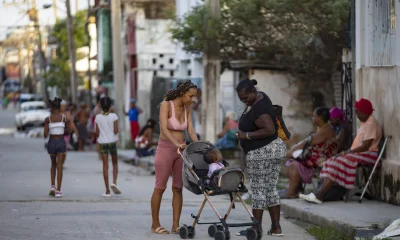
 International1 day ago
International1 day agoCuba confirms 76 femicide cases in 2024, among highest rates in region
-

 International2 days ago
International2 days agoIranian president says Israel tried to assassinate him, warns U.S. against war
-
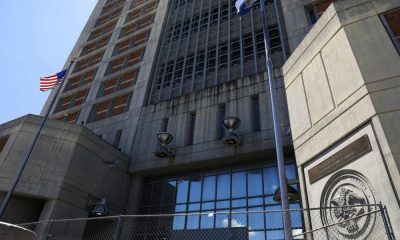
 International2 days ago
International2 days agoDOJ and FBI officially deny Jeffrey Epstein ‘client list’ conspiracy theories
-

 International2 days ago
International2 days agoBolsonaro thanks Trump for support amid Brazil coup trial
-
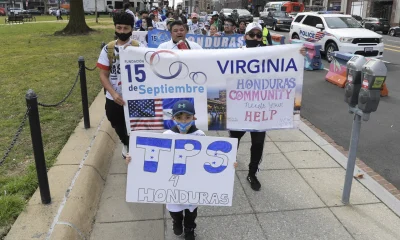
 International2 days ago
International2 days agoHonduras regrets U.S. decision to end TPS for 72,000 hondurans
-

 International3 days ago
International3 days agoTexas Floods: Death toll rises to 68, dozens still missing
-

 International2 days ago
International2 days agoGunman killed after shooting outside Texas Border Patrol Building
-

 International3 days ago
International3 days agoSalvadoran Day USA 2025 canceled amid fears of immigration raids
-
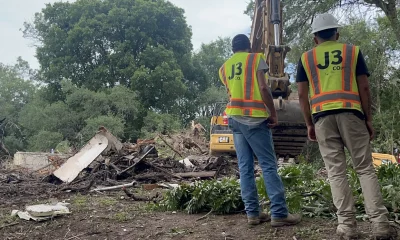
 International1 day ago
International1 day agoU.S. thanks Mexico for sending rescue teams after deadly Texas floods
-

 International2 days ago
International2 days agoRussian ex-transport minister found dead after dismissal by Putin
-

 International2 days ago
International2 days agoSheinbaum urges unity and respect after clashes over gentrification in Mexico City
-

 Central America1 day ago
Central America1 day agoIllegal crossings at U.S.-Mexico border plunge 92% in historic shift
-
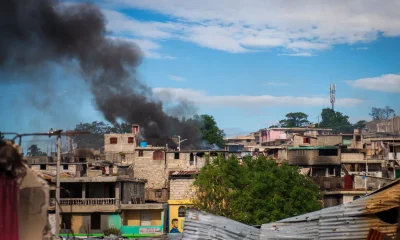
 International2 days ago
International2 days agoTrump ends TPS for haitians as gang violence surges in homeland
-
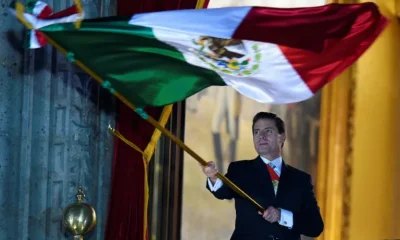
 International1 day ago
International1 day agoMexico launches probe into alleged $25 million bribe to ex-president Peña Nieto
-
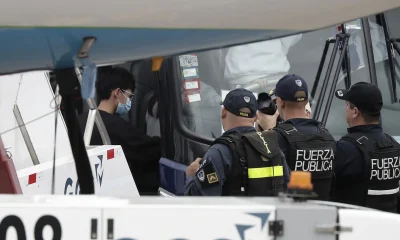
 Central America1 day ago
Central America1 day agoCosta Rica extends humanitarian status and grants work permits to stranded migrants
-

 International1 day ago
International1 day agoTrump and Bondi slam Epstein inquiry amid Texas flood tragedy
-

 Central America60 mins ago
Central America60 mins agoDengue crisis in Panama: co-circulating serotypes fuel rise in fatal cases
-

 International1 hour ago
International1 hour agoHarvard faces Federal pressure over immigration docs, autonomy dispute intensifies
-
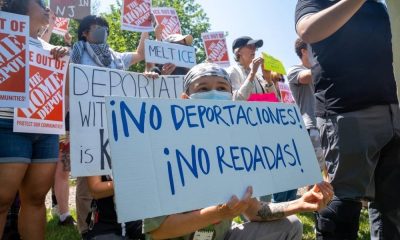
 International52 mins ago
International52 mins agoICE set to become America’s largest security force under Trump’s $75B immigration overhaul























